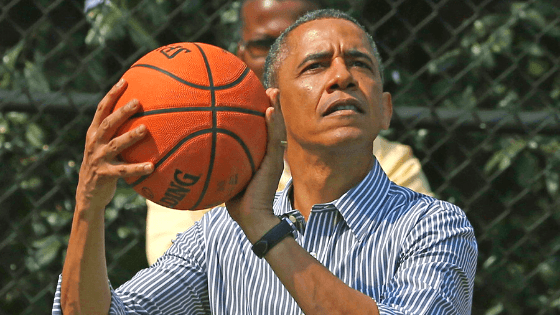How Playing a Sport can Help you Become a Better Leader

It is interesting to know that twenty-six out of the forty-four American presidents have served in the military and ten of them are known to have been sportsmen. There is a definite relationship between soldiering, sports and leadership. This is not to imply that those who do not play sports cannot be great leaders, but to state that sports and soldiering have a positive impact on a person’s leadership skills.
A question which is often asked is what makes a young man, or a woman choose armed forces as a career. Is it patriotism or the spirit of adventure or just another means to earn a living? In India, it is a combination of all three – with any one of them being predominant.
That being said, what drives a soldier to undertake life-threatening assignments even upon knowing that the chances of him sacrificing his life are very high?
When we look back at Kargil Operations of 1999, most officers who led the assault were aware that they had a very remote chance of coming back alive, yet they led their troops successfully in an extremely difficult, high altitude terrain. Some of them even sacrificed their life while conquering those unsurmountable heights. For a person outside the military, it is extremely difficult to fathom why these young men are so fearless and committed to their task.
One of the major reasons that explains why these twenty-something officers make such supreme sacrifices is the environment in which they grow up in the armed forces. A career in the armed forces is not just a career but a way of life. The army does not train its leaders only through leadership sessions, which of course are a part of the curriculum, but more through the environment in which they live, eat, sleep and play – including the interaction with their seniors, peers and subordinates.
Regimental spirit and respect (izzat) of their military units and comrades are overriding factors which make a soldier succeed in such challenging situations. Soldiers simply cannot afford to let their units down. They are constantly learning, and even manage to learn a lesson or two while having a drink and listening to the tales told by their seniors about the wars they fought. So, leadership is best learnt by leading a life which inculcates leadership qualities by default, than by any formal training session. This process is long lasting and stays engrained.
During peace, two activities which generate that extra adrenaline in a soldier are sports and adventure competitions at the sub unit level which comprise of about hundred soldiers out of which eleven play, while the rest cheer at a pitch that can be heard miles away, as if an India – Pakistan cricket match is being played.
This unexplained spirit is what drives our soldiers to do what they do. Sports and adventure form a very important part of the military life – for which a soldier is always preparing, even when he is not participating.
The competitive spirit of sporting events inculcates the ‘hunger to win’ and also the humility to ‘swallow defeat’. It teaches you to lead a life playing by the rules of a game without subjectivity. It teaches you to respect your subordinates. The feeling of physical clash specially in high intensity contact games and the experience of falling and getting up quickly to ‘get on’ with the game are invaluable leadership inputs which sports provide.
Strategies which are required in a team game are very similar to corporate or military strategies. They also teach you to dynamically change courses.
When we talk to great sports achievers, they count Discipline as one of the key contributing factors to their success which also holds good for any other discipline of life. It would thus be fair to conclude that sports and soldiering help make great leaders who have intensity in their nature and hunger to achieve targets as a team.
Besides the physical qualities of fitness, toughness, stamina and endurance – which a person builds as a result of participating in sports, they also imbibe leadership qualities such as decisiveness, leading from the front and team spirit, to name a few. I have experienced that a professional officer who is also a sports person makes difficult situations look much easier and generally has a direct approach to deal with the other members of his team. He does not put up a façade and he is what he is seen as, which makes the atmosphere in the organisation much more conducive to productivity and efficiency. I am of the firm belief that sports and discipline which you follow as a soldier form the bedrock of making an inspiring and successful leader.





